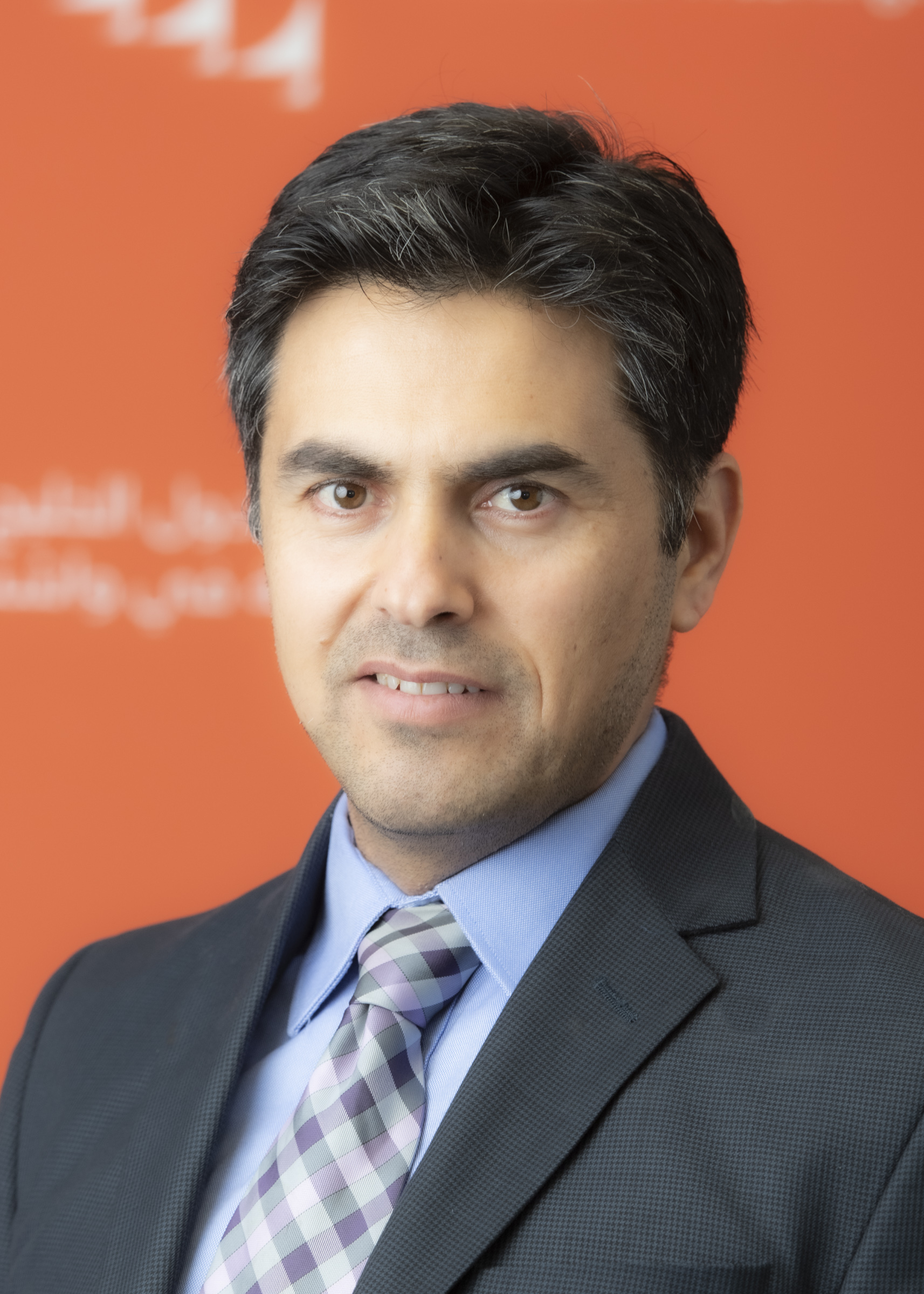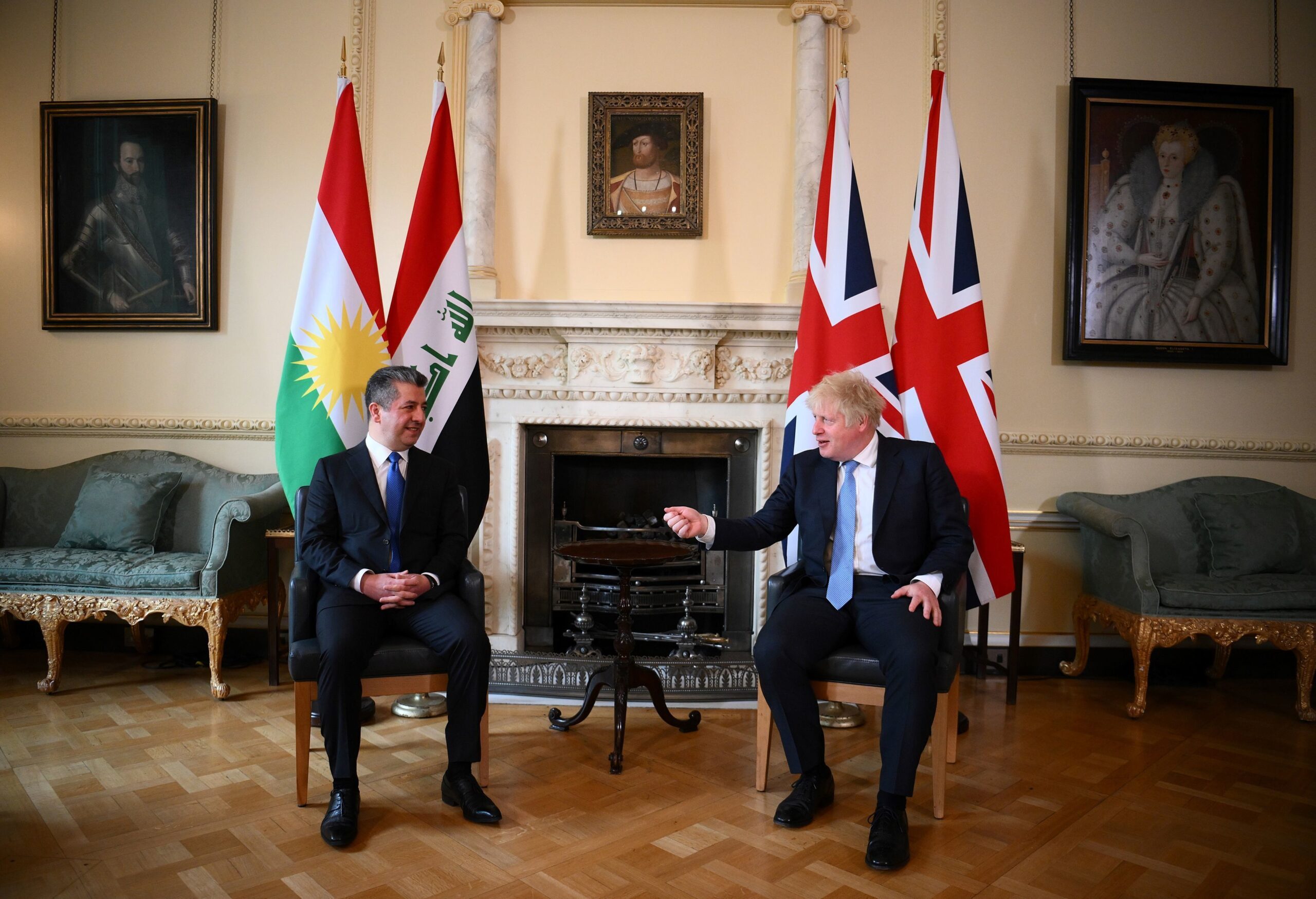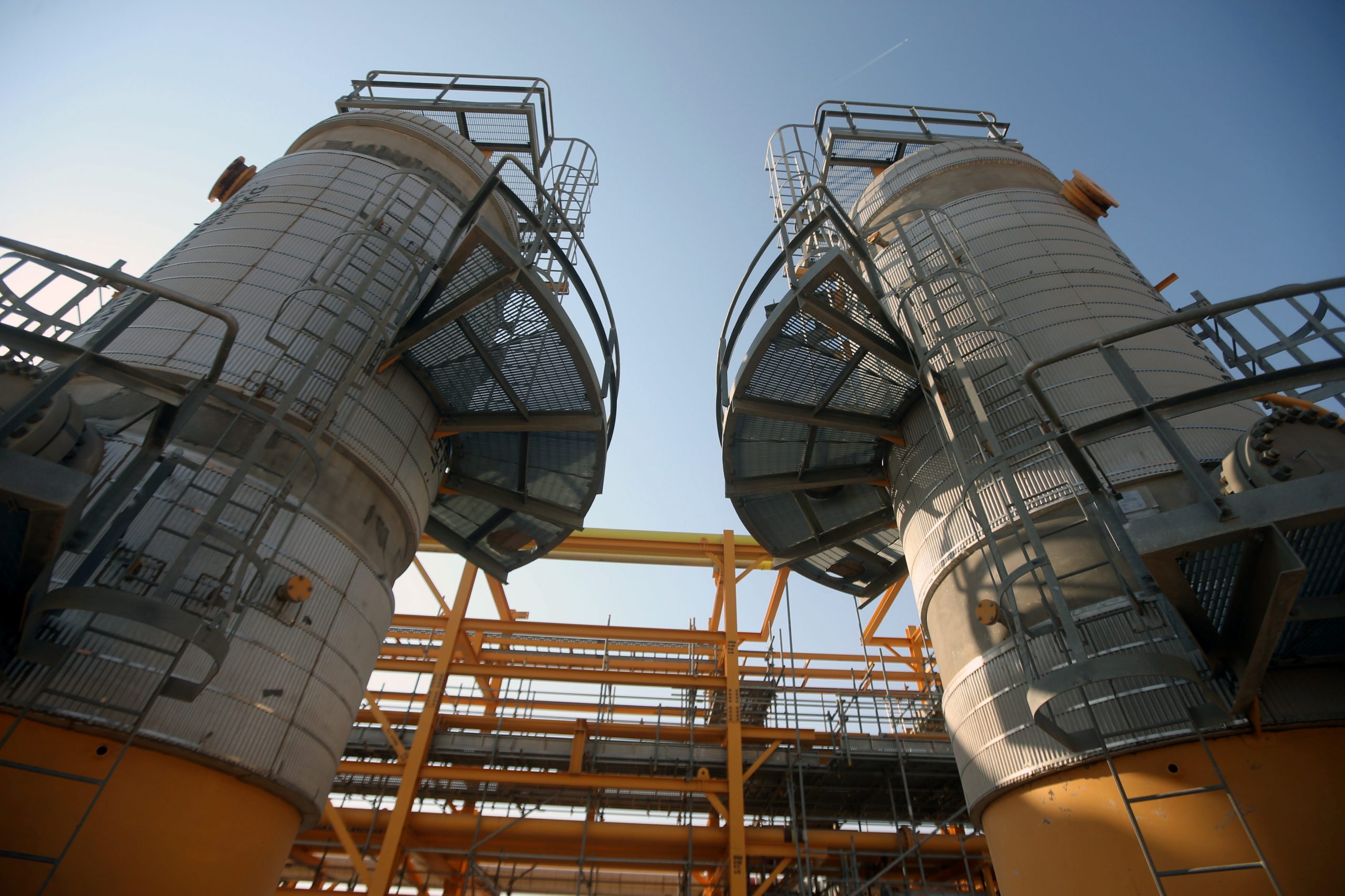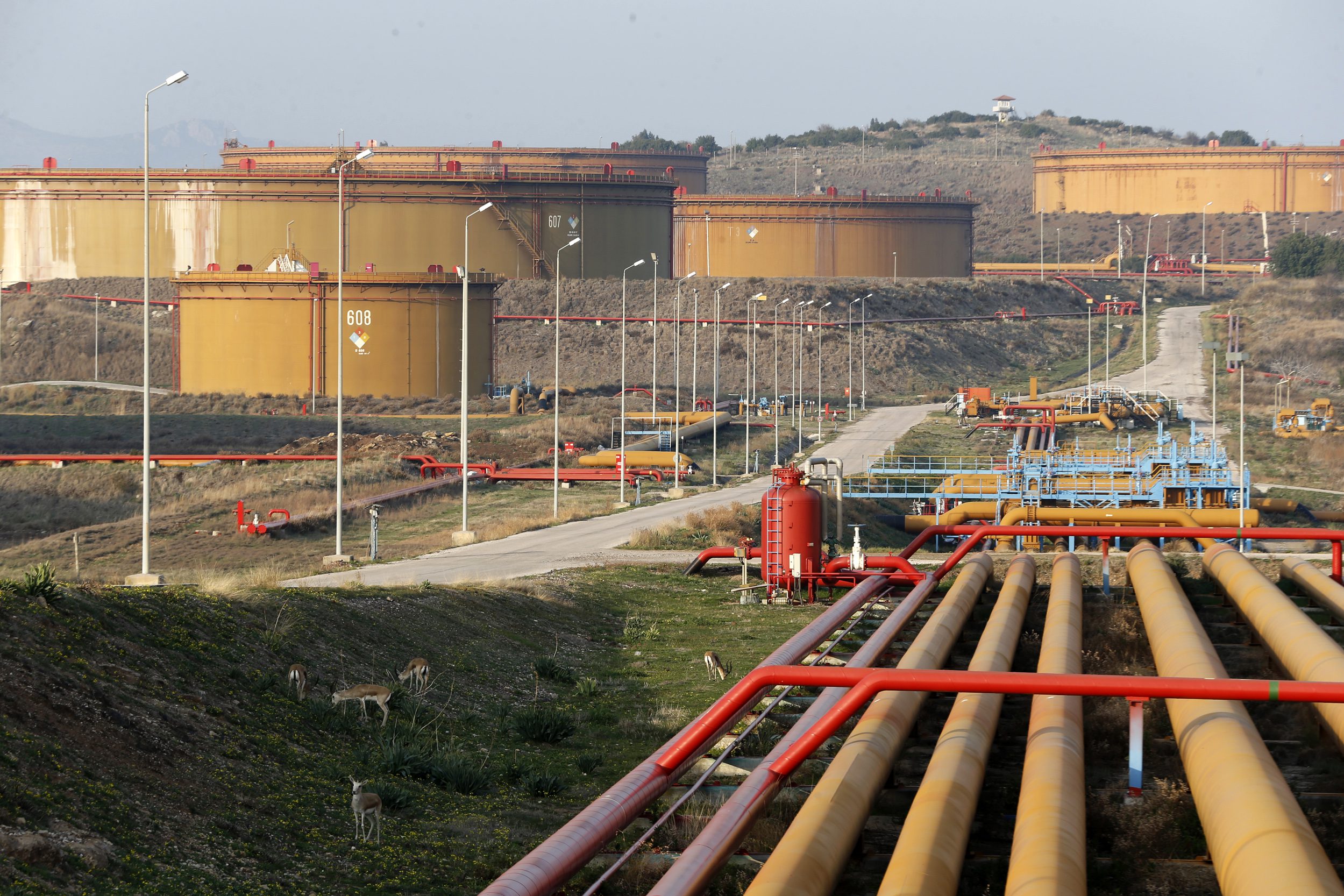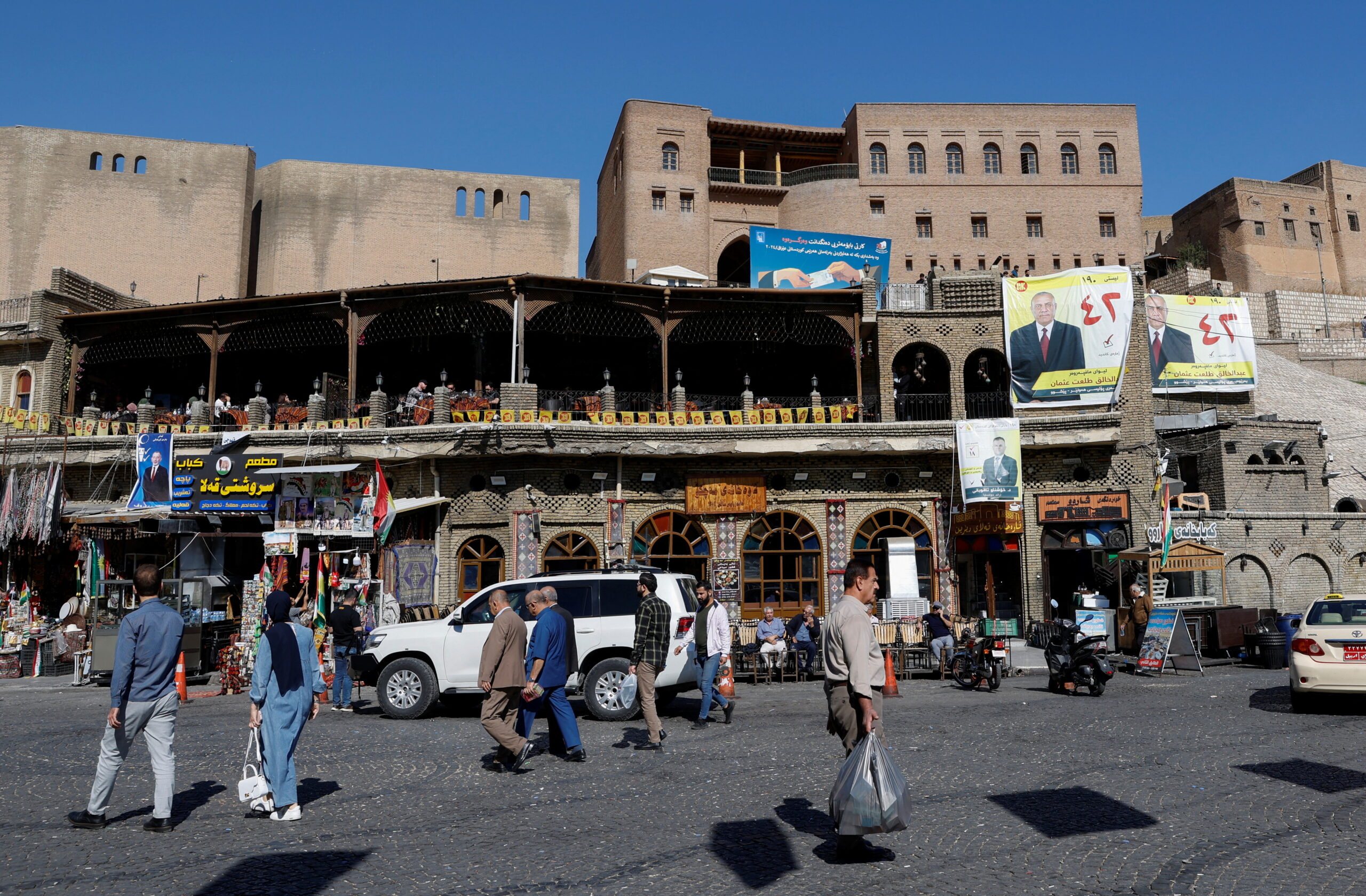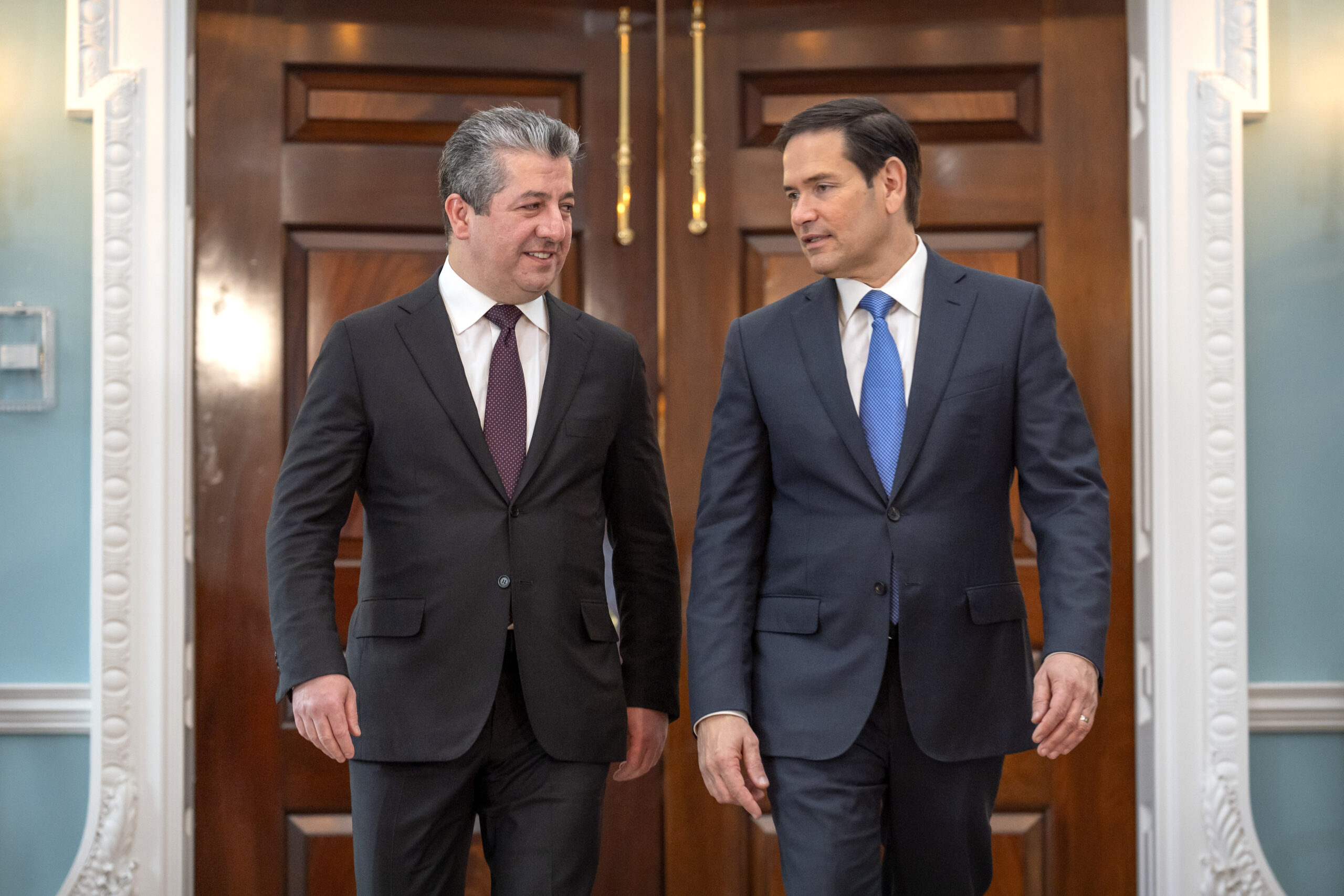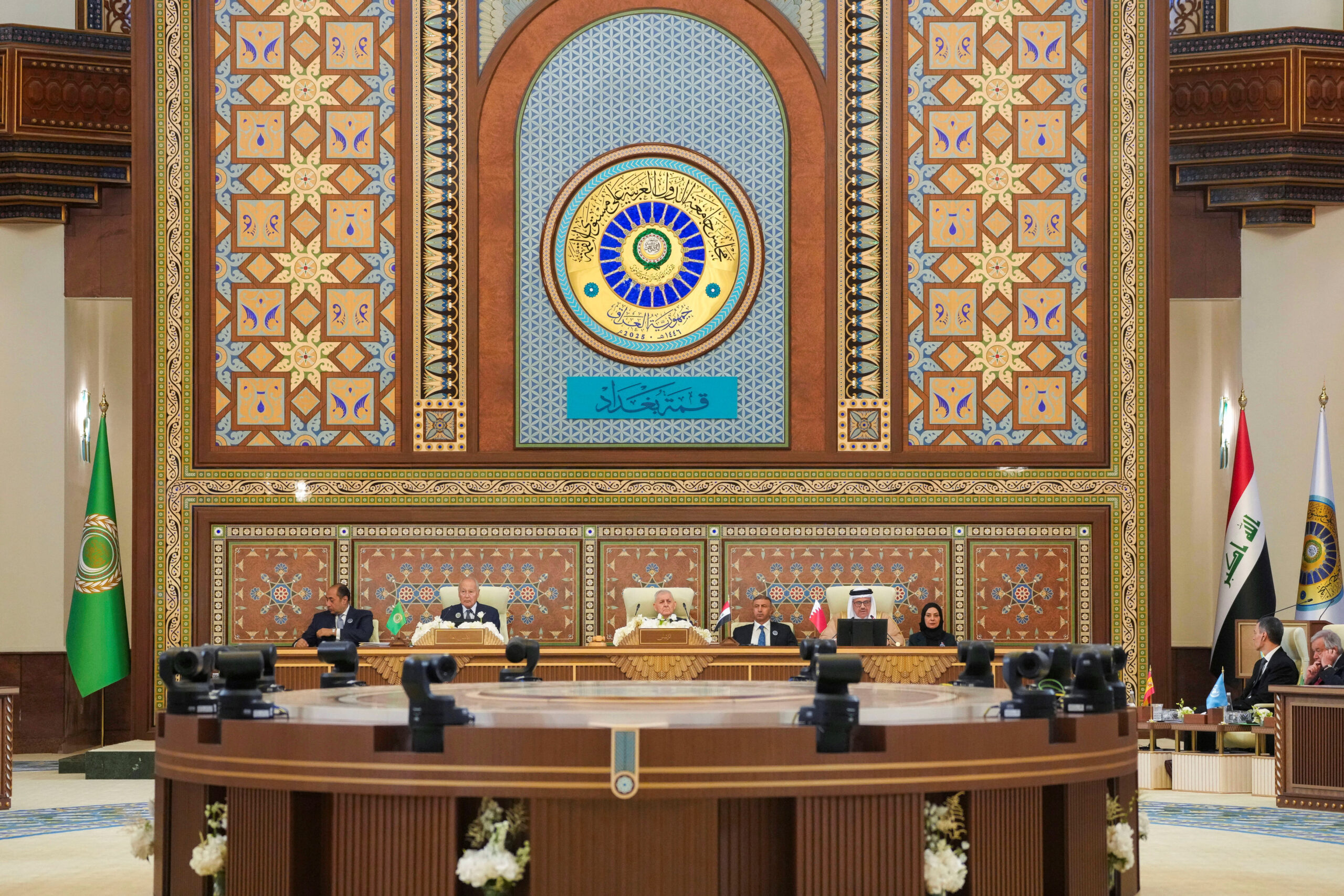Kurdistan’s Gas Exports: Reality or Mirage?
There are a host of serious internal political conflicts as well as legal, financial, and geopolitical hurdles to increasing Kurdish gas exports, prompting questions regarding whether such aspirations are realistic.
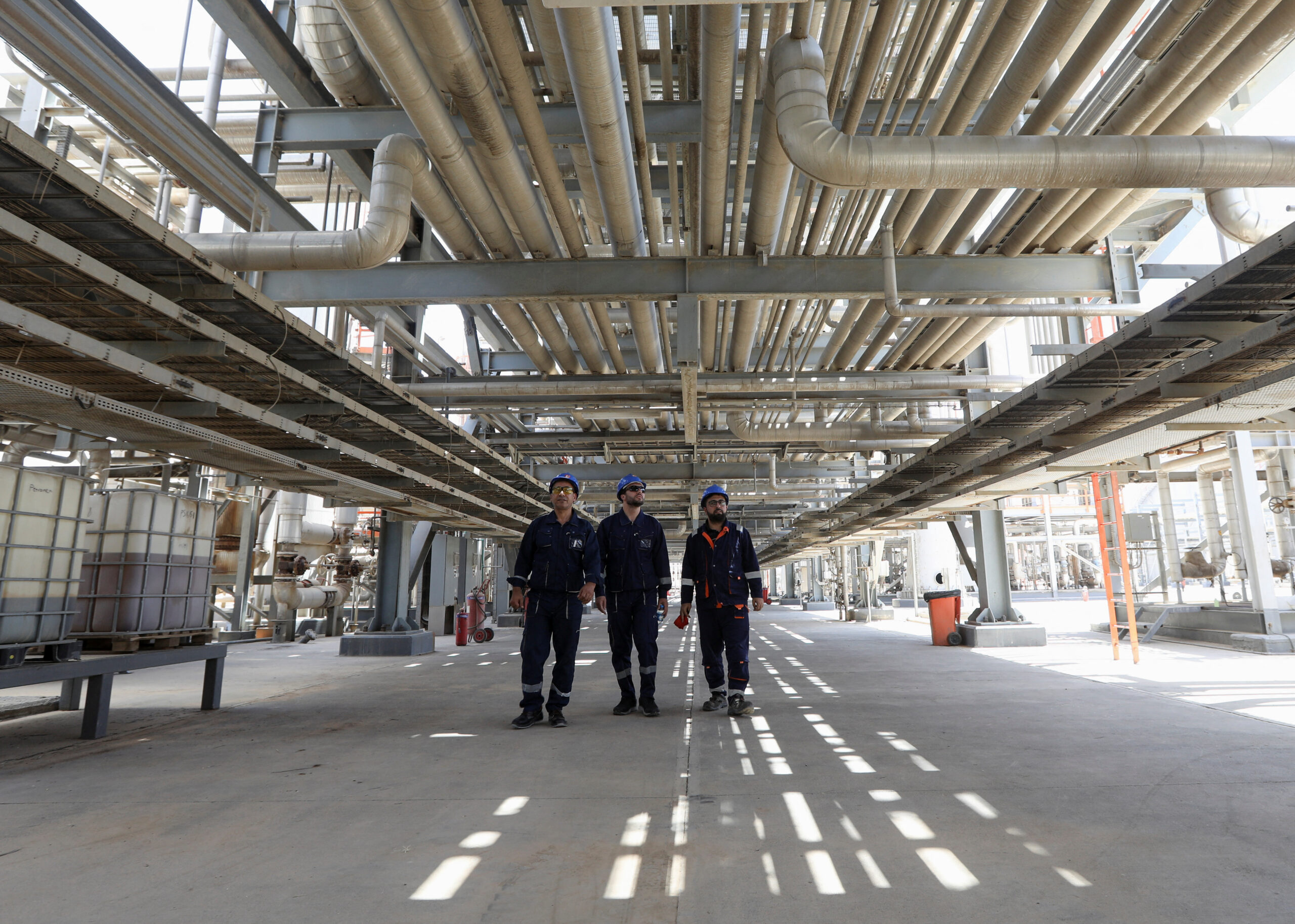
Executive Summary
The Russian-Ukraine conflict and the rapprochements between Turkey and Gulf Arab countries have rekindled the Kurdistan Regional Government’s interest in increasing Kurdish natural gas production and expanding exports to Turkey and potentially the European Union. In pursuit of gas deals, senior Kurdish officials have recently visited Turkey, the Gulf Arab countries, and Europe to discuss the potential of Kurdish gas as an alternative to Russian gas. If developed, Kurdish gas could assist both Turkey and the EU in diversifying their natural gas sources and enhance their energy security in the long run. Additionally, it could help federal Iraq lessen dependency on gas imports from Iran. However, there are a host of serious internal political conflicts, as well as legal, financial, and geopolitical hurdles to increasing Kurdish gas exports, prompting questions regarding whether such aspirations are realistic.
The expansion of Kurdish gas production capacity and exportation of gas to the international market will require a political deal with Baghdad, investment from Gulf Arab countries, and security guarantees from other stakeholders, such as Turkey and the EU. This paper analyzes the challenges and opportunities for Kurdish natural gas production expansion and exportation to Turkey and Europe.
The views represented herein are the author's or speaker's own and do not necessarily reflect the views of AGSI, its staff, or its board of directors.
